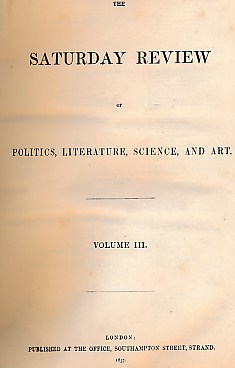This digital archive was curated by Myles Laurent in partial completion of UNI HIST 1011 Field Experience: Public History.
 Amy, Lacey. “With Canadians from the Front.” Canadian Magazine , September, 1916.(pages 345–50)
Amy, Lacey. “With Canadians from the Front.” Canadian Magazine , September, 1916.(pages 345–50)
 “Concert at the Front.” Living Age, July, 1917. (pages 55–56.)
“Concert at the Front.” Living Age, July, 1917. (pages 55–56.)
 “Hymns and Songs of the Soldiers.” Literary Digest, May, 1918. (page 38)
“Hymns and Songs of the Soldiers.” Literary Digest, May, 1918. (page 38)
 “Life Saving Shovel.” Scientific American, April, 1918. (page 386)
“Life Saving Shovel.” Scientific American, April, 1918. (page 386)
 “On the Eve of the Battle.” Literary Digest, June, 1917. (page 1793)
“On the Eve of the Battle.” Literary Digest, June, 1917. (page 1793)
 “Pastimes in the B.E.F.” Contemporary Review, December, 1918. (pages 689–92)
“Pastimes in the B.E.F.” Contemporary Review, December, 1918. (pages 689–92)
 “Routine of War.” Literary Digest, October 16, 1915. (pages 868-71)
“Routine of War.” Literary Digest, October 16, 1915. (pages 868-71)
 “Some Don’ts from the Trenches.” Literary Digest, October, 1917. (page 56)
“Some Don’ts from the Trenches.” Literary Digest, October, 1917. (page 56)
 Stapleton, Stephen. “Relations between the Trenches.” Contemporary Review, May, 1917. (pages 636–44)
Stapleton, Stephen. “Relations between the Trenches.” Contemporary Review, May, 1917. (pages 636–44)
 “Stillness of War.” Saturday Review, July 22, 1916. (pages 80-1)
“Stillness of War.” Saturday Review, July 22, 1916. (pages 80-1)
 “Trench Life.” Living Age, May, 1915, (pages 499–503).
“Trench Life.” Living Age, May, 1915, (pages 499–503).